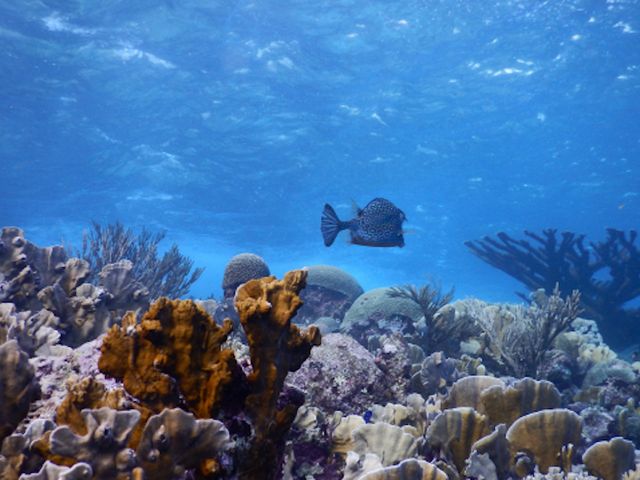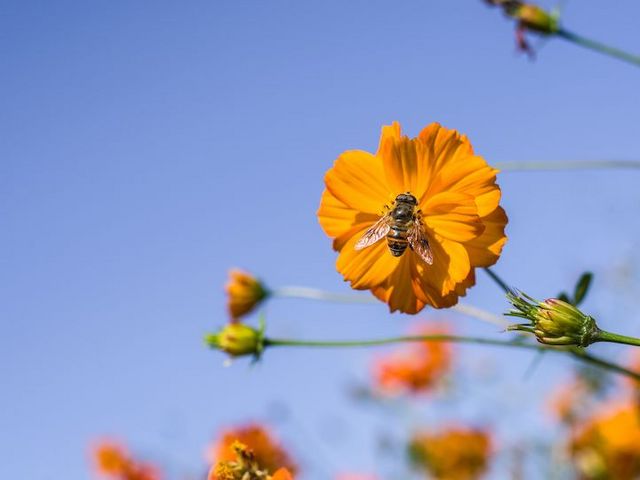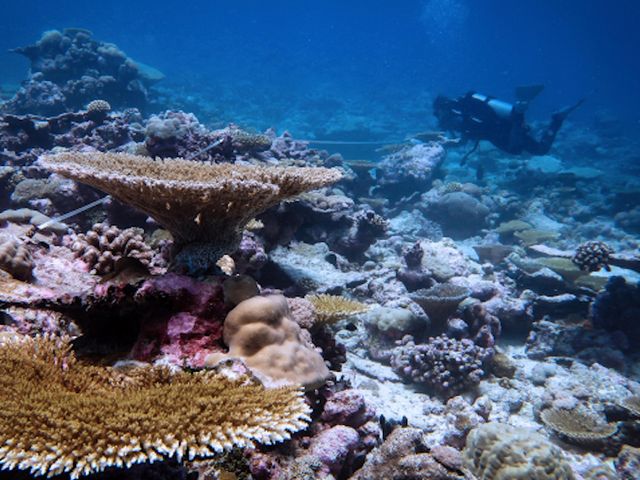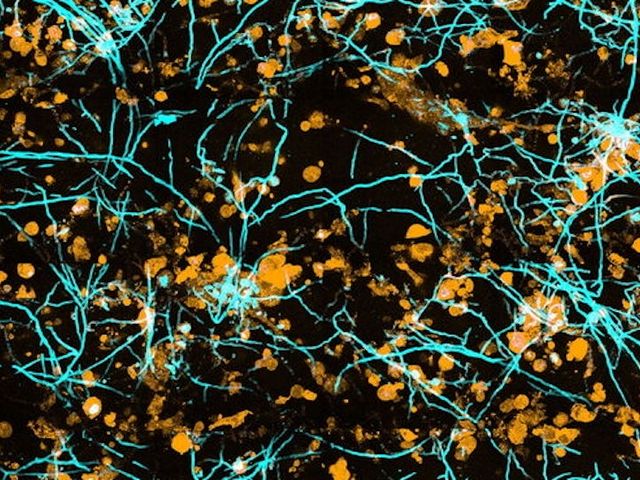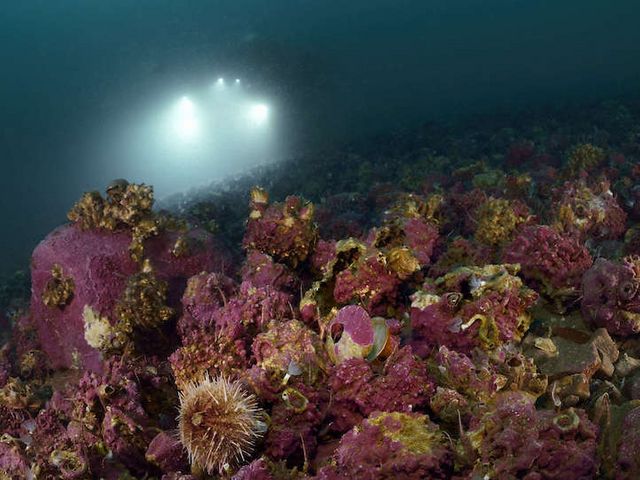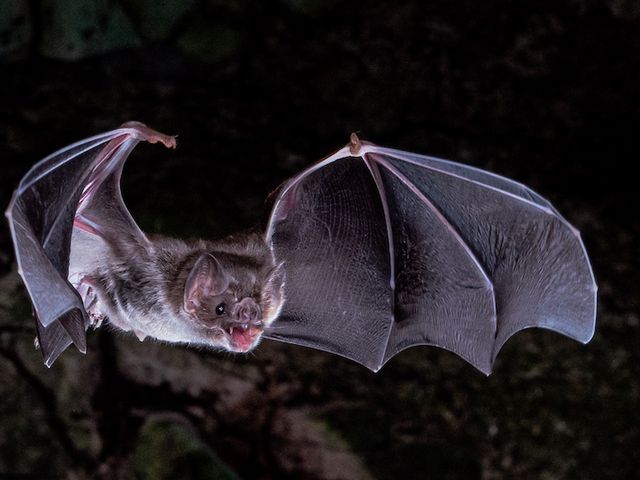
Research news
Satisfaction after system change
06/07/2022 · ZEW – Leibniz Centre for European Economic ResearchThe democratisation of the GDR has had different effects on opponents and supporters of the GDR’s political regime. Former opponents are significantly happier with the new democratic system than they were before.
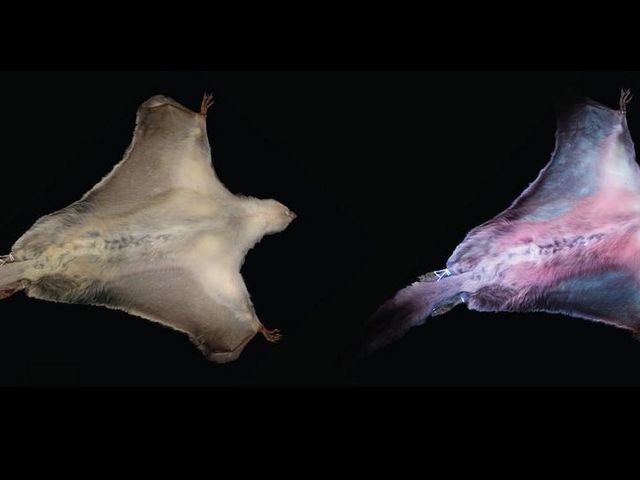
Glowing mammals
05/09/2022 · Museum für Naturkunde - Leibniz Institute for Evolution and Biodiversity ScienceRecent discoveries highlighted that the fur of various mammal species glows in shades of pink and red when exposed to ultraviolet light. Researchers identified the molecule porphyrin as the source of this property.

Global trade, not self-sufficiency
04/27/2022 · Leibniz Institute of Agricultural Development in Transition EconomiesRussia’s invasion of Ukraine has sent prices soaring for agricultural commodities. Open and competitive global trade is needed to overcome trade disruptions and create supply structures.

Food crisis calls for demand-side action
03/21/2022 · Potsdam Institute for Climate Impact ResearchThe global food system is impacted by the war in Ukraine. In a statement scientists propose three levers for coping with the shocks while also ensuring human health and long-term sustainable development.
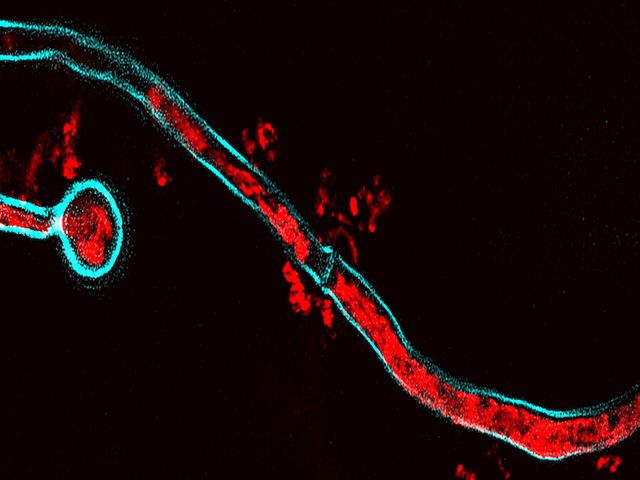
Hijacked immune system
02/10/2022 · Leibniz Institute for Natural Product Research and Infection Biology - Hans Knöll InstituteIn immunocompromised people Candida albicans can invade the bloodstream and cause life-threatening infections. A research team has now discovered that the fungus specifically exploits human immune defenses to do this.
Affective teaching
01/17/2022 · ifo Institute - Leibniz Institute for Economic Research at the University of MunichAfter the introduction of ethics classes, support for traditional attitudes eroded. Conversely, the teaching reform had no effect on life satisfaction or ethical behaviors such as volunteerism.
